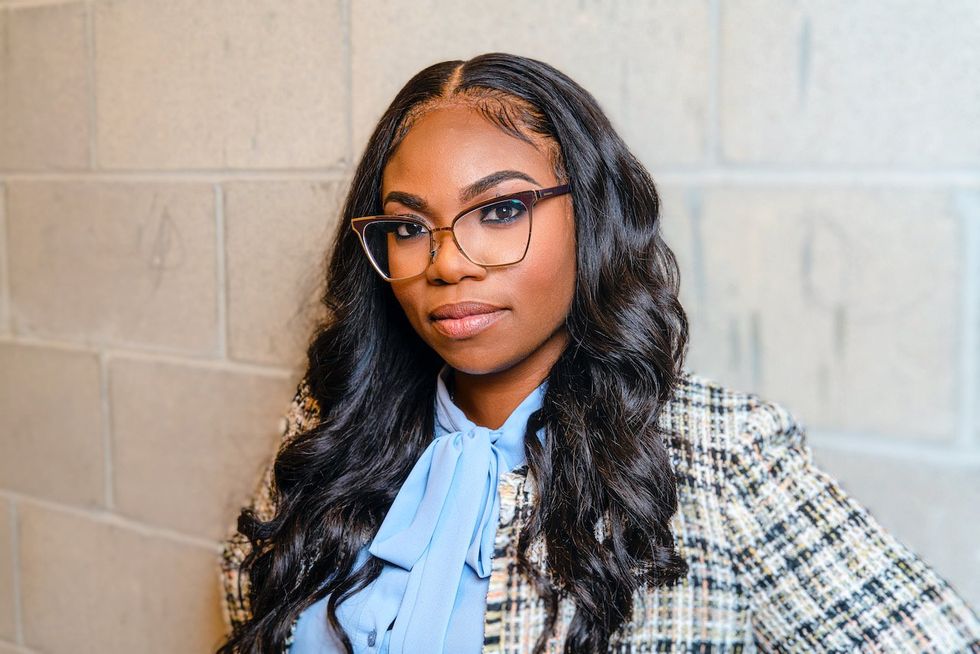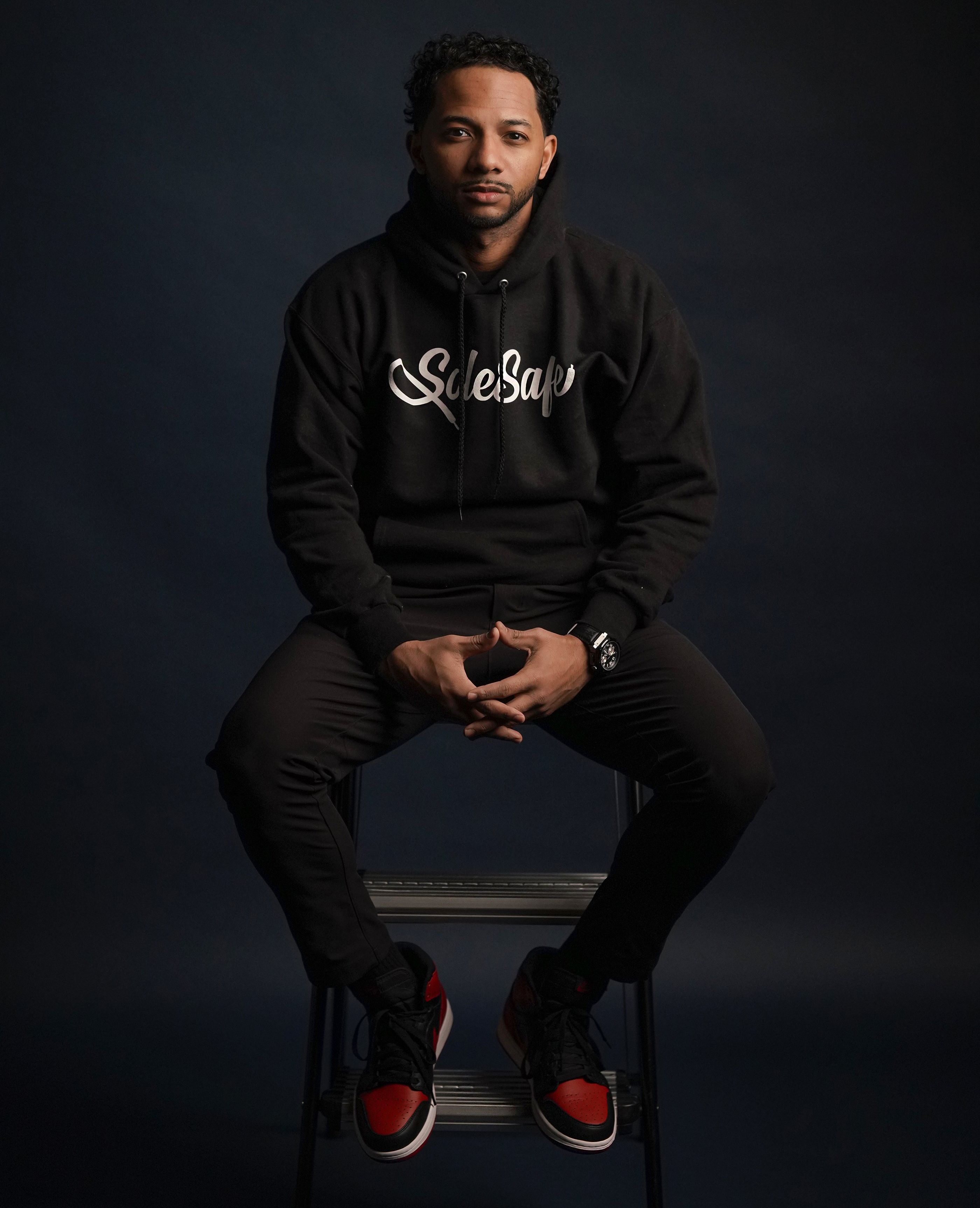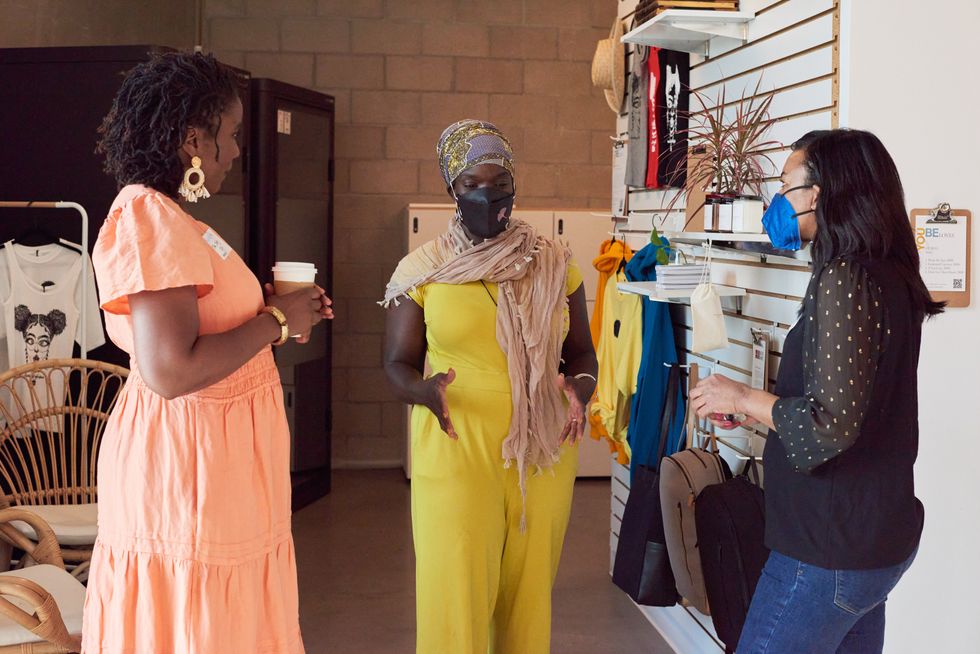McKinsey & Company Launches InLA Accelerator To Help Underrepresented Founders Tackle Startup Challenges
In 2022, female founders saw a 28% decline in overall U.S. funding, while Black-led startups saw a 38% decline in total capital received. In an effort to increase funding for minority-led startups, global venture firm McKinsey & Company is launching InLA, an accelerator program for underrepresented founders.
“This effort is something that the firm has been really excited about for a long time,” Engagement Manager Elkhyn Rivas Rodriguez said. “There's obviously a meaningful and growing startup community out here and just from a diversity standpoint, LA is incredibly diverse and multi-ethnic and multicultural. So we think that there will be a really great pool of potential companies to partner with.”
Applications for InLA’s first cohort, which the firm is calling Cohort23 are now open until Friday, June 30th. InLA is open to companies of any industry. The only stipulation is that the company must have at least one underrepresented founder.
“What we want is to find three really high potential companies and founders and leadership teams that are facing challenges that we really feel like we can bring a lot of expertise and support to,” Rivas Rodriguez said. “Working as partners we can help them solve those challenges.”
InLA will select three or four SoCal-based startups who are led by underrepresented founders that are in the seed, Series A or B stage. Typically, a majority of accelerator programs charge founders a fee to participate, but InLA will run its program pro bono which Rivas Rodriguez said is what sets the program apart from the rest.
Similar to other accelerator programs in the LA ecosystem, the founders accepted into Cohort23 will benefit from 3-4 months of mentorship, access to McKinsey FUEL which is the firm’s network of startup-focused creatives and consultants along with a personalized curriculum based on each startup’s needs.
“Our goal here is to partner with underrepresented founders,” he said, “and help them tackle some of their most significant challenges and in turn help them achieve meaningful, sustainable, lasting and inclusive growth.”
While local accelerators like Nex Cubed and Plug In South LA are choosing a hybrid approach, InLA will cater to what each founder would prefer–in-person, hybrid or remote.
“If a client wants us in person, we'd be in person,” Rivas Rodriguez told dot.LA. “But if a client wants it to be hybrid, we'd be hybrid. We will adapt to whatever operating model that the particular startup wants.”
The firm first started its pilot in New York called InNYC and is now on its second cohort. The founders that are currently participating in InNYC 2023 cohort include retirement platform Penelope, health tech company Biotia and climate tech company Sealed.
- Accelerator and VC Plug and Play Opens Location in Downtown LA ›
- Plug In South LA Accelerator Launches 4th Cohort to Double Down On Black and Latinx Communities ›
- Los Angeles’ Top Startup Incubators and Accelerators ›


 Enrichly founder Margo Jordan
Enrichly founder Margo Jordan SoleSafe founder Phil Terrill
SoleSafe founder Phil Terrill Founders at Demo Day Provided by Plug In
Founders at Demo Day Provided by Plug In